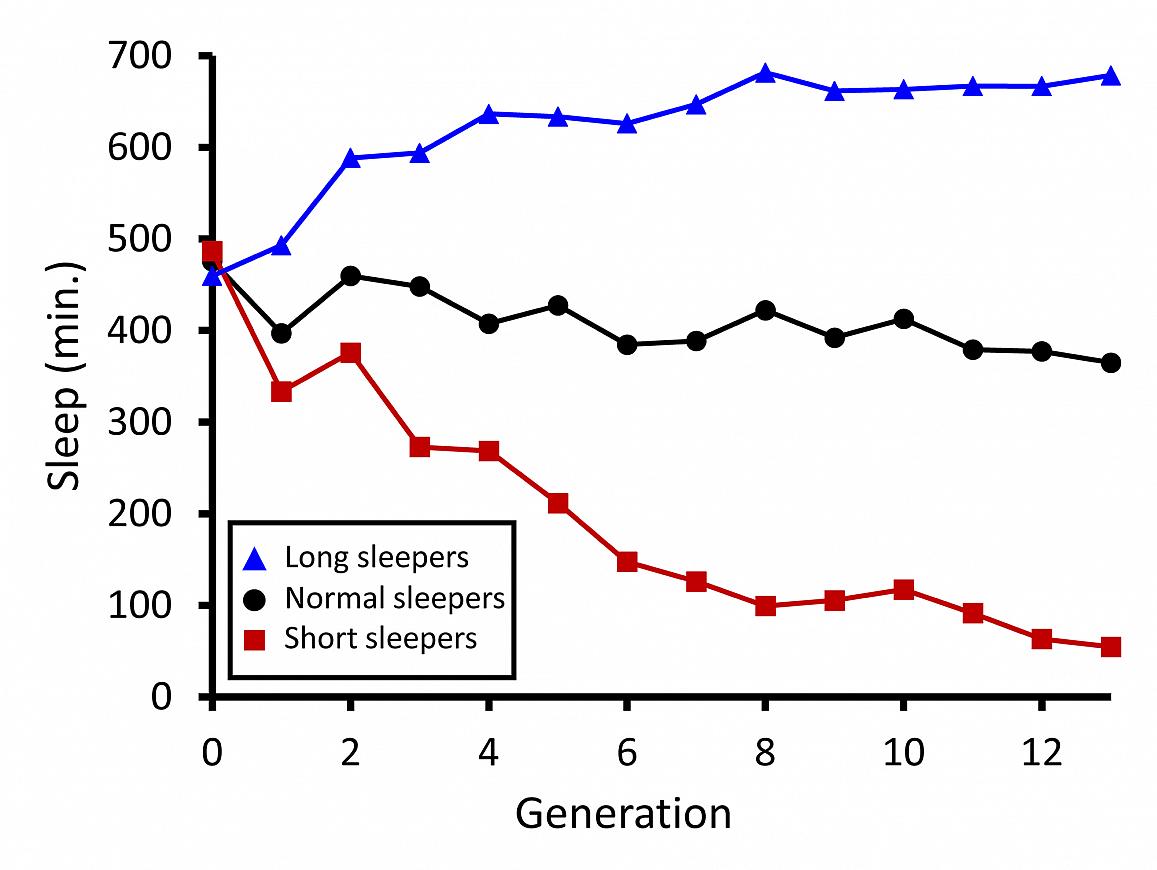To sleep or not: Researchers explore complex genetic network behind sleep duration
Scientists have identified differences in a group of genes they say might help explain why some people need a lot more sleep — and others less — than most. The study, conducted using fruit fly populations bred to model natural variations in human sleep patterns, provides new clues to how genes for sleep duration are linked to a wide variety of biological processes.
Researchers say a better understanding of these processes could lead to new ways to treat sleep disorders such as insomnia and narcolepsy. Led by scientists with the National Heart, Lung, and Blood Institute (NHLBI), part of the National Institutes of Health, the study will be published on Dec. 14 in PLOS Genetics.
“This study is an important step toward solving one of the biggest mysteries in biology: the need to sleep,” says study leader Susan Harbison, Ph.D., an investigator in the Laboratory of Systems Genetics at NHLBI. “The involvement of highly diverse biological processes in sleep duration may help explain why the purpose of sleep has been so elusive.”

Graph showing sleep duration (in minutes) of wild fruit flies—long sleepers, normal sleepers, and short sleepers—artificially bred across 13 generations.
This page was last updated on Friday, January 21, 2022